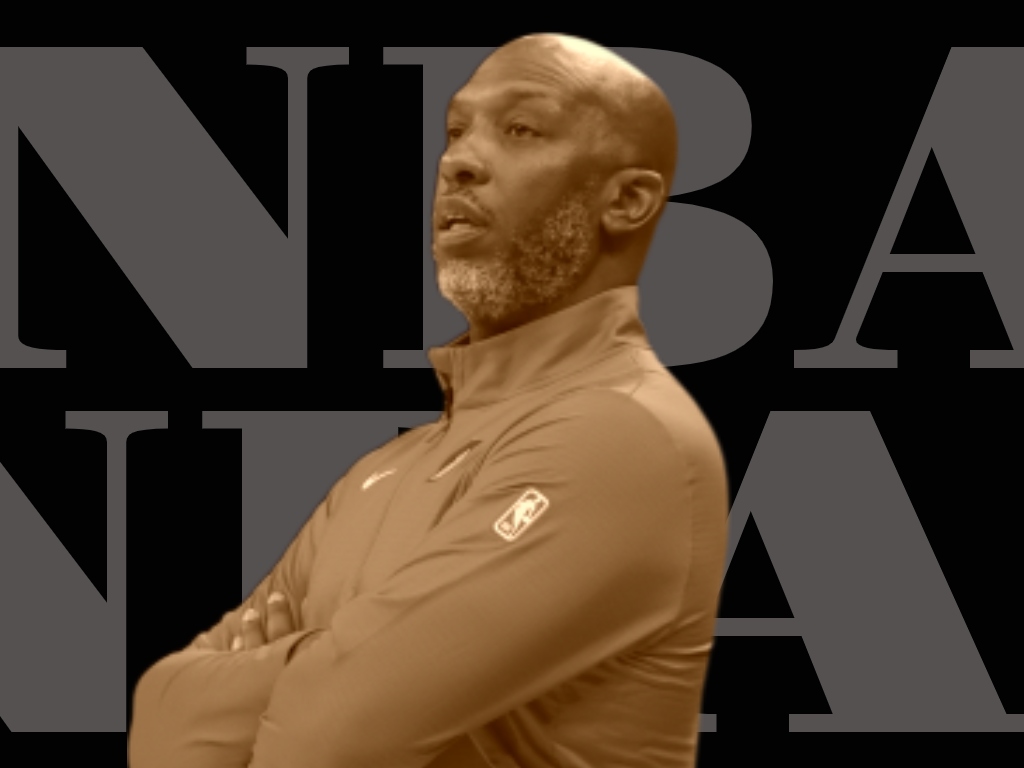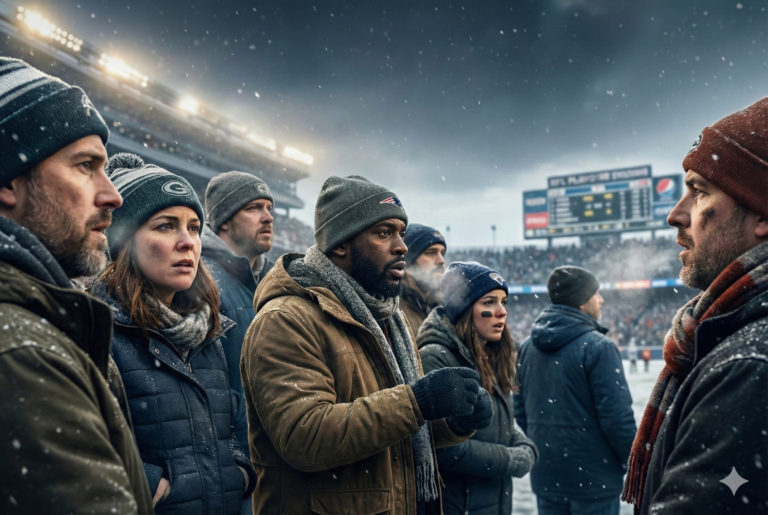
The latest FBI announcement about an alleged betting ring involving an NBA player, a former coach, and even a hint of organized crime reads like a throwback movie script. It’s certainly a big deal, a “wide-sweeping” bust as FBI Director Kash Patel deemed it. Yet, the shock value for the general sports fan is fading fast. Since the Supreme Court paved the way for legalized sports wagering in 2018, these betting scandals have become an uncomfortably familiar feature of the sports landscape.
Current NBA head coach Chauncey Billups, a Naismith Basketball Hall of Fame member, has been arrested for his alleged involvement in what sounds like a seedy poker ring. Terry Rozier of the Miami Heat, who was previously cleared by the NBA of wrongdoing in an investigation into gambling irregularities, has also been arrested by the FBI. Lastly, Damon Jones, a former NBA player and assistant coach was also arrested this week for allegedly providing inside information to gamblers.
The focus, as always, swings immediately to the prop bet, a wager on a specific, granular event like a player’s total points or an inning’s strikeout count, rather than the final game outcome. These individual performance bets are naturally easier for a single bad actor to manipulate. A player can’t easily guarantee their team loses, but they can purposefully miss a few shots or feign a minor injury to stay “under” a statistical line, allowing co-conspirators to cash in.
We saw this with former Raptors player Jontay Porter, who pled guilty to conspiring to fix his performance, and more recently with a suspicious betting alert on a Cleveland Guardians pitcher’s pitch selection. This ease of manipulation is precisely why figures like New York Congressman Paul Tonko and Ohio Governor Mike DeWine are advocating for restrictions, especially on college and player-specific props. Commissioner Adam Silver of the NBA and Rob Manfred of MLB have also voiced concerns, suggesting it may be time to reel in some of these niche wagers.
A Misleading Outcry
The predictable moral panic that follows each scandal suggests a sports world in freefall, fueled by a new epidemic of gambling addiction. But this line of reasoning is a fallacy. We are hearing about these scandals for a singular, crucial reason: sports betting is now largely legal, regulated, and monitored.
This transparency is a massive improvement over the dark days of illegal offshore sites and neighborhood bookies. The notion that illicit gambling activity didn’t exist before 2018 is simply naive. The only reason we know about nefarious activities by athletes, coaches, and gamblers today is because sports betting operators and state regulators are actively watching the market. Sophisticated algorithms and security teams flag suspicious action, leading directly to the investigations and arrests we now read about. Bringing this activity into the light is far better than leaving it hidden in the shadows of the black market, where zero oversight or accountability existed.
Furthermore, the immediate jump to claims of a spiraling addiction crisis lacks concrete evidence. No compelling data has yet been gathered to prove that the increase in legal betting availability translates directly to a surge in problem gambling. It’s a classic confusion of correlation and causation. Think about other so-called “vices” that have been brought under regulation. Alcohol and marijuana, for example, are now legal and regulated in many jurisdictions, yet we don’t demand total prohibition every time a traffic accident or a health issue is linked to them. Why? Because the societal dangers of drinking and smoking are far more pervasive than sports wagering, yet the call to prohibit them rarely reaches the fervent pitch reserved for betting. The point is this: more bars and convenience stores don’t necessarily lead to more alcoholics. Similarly, the proliferation of legal sportsbooks doesn’t automatically mean a spike in addiction.
Americans Want Legal Sports Betting
The legal sports betting market is a behemoth, shattering revenue records year after year. Americans are clearly voting with their wallets, and politically, the movement has been overwhelmingly successful. More than 35 states, plus Washington, D.C., and Puerto Rico, have legalized sports wagering. Across the U.S., opinion polls consistently show that the majority of the public favors legal, regulated sports betting.
This is the reality the leagues must navigate. While individual prop bets may be an unnecessary risk that needs modification to preserve integrity, the overall transition to a regulated market has been a success. It has replaced an unregulated criminal enterprise with one that is taxed, monitored, and accountable. The occasional scandal, while troubling, is not evidence of a failed system; it is evidence of a working enforcement mechanism. By shining a bright, regulatory light on what was once a clandestine activity, we are finally seeing the rats scatter—and that’s a net positive for the integrity of the game.




